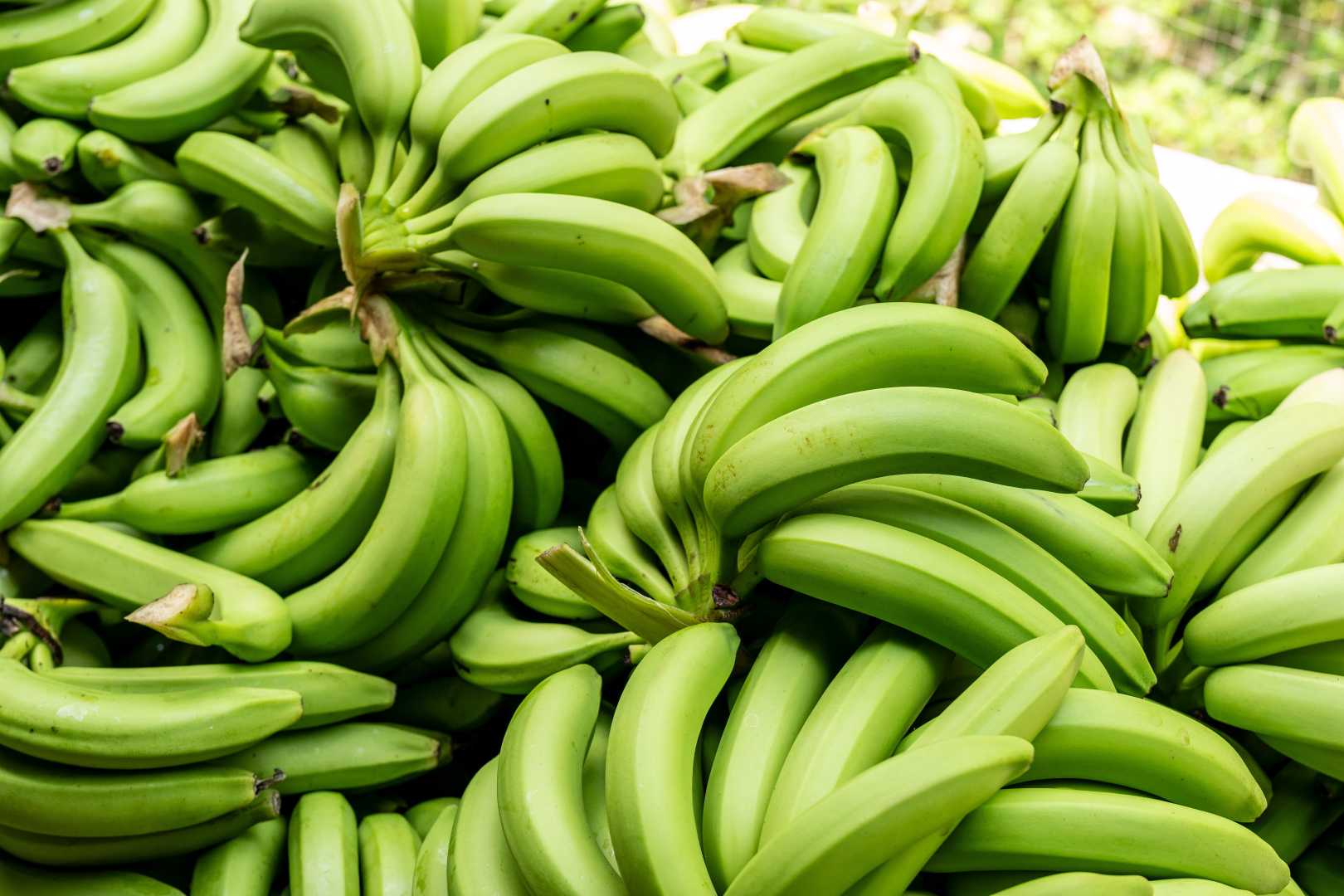News
Banana Crop Faces Climate Crisis in Latin America and Caribbean

LATIN AMERICA, May 12, 2025 – The climate crisis poses a serious threat to the future of bananas, the world’s fourth most important food crop. New research reveals that by 2080, two-thirds of banana-growing areas in Latin America might no longer be suitable for cultivation due to rising temperatures, extreme weather, and climate-related pests.
Christian Aid’s report, titled “Going Bananas: How Climate Change Threatens the World’s Favourite Fruit,” underscores the impact of climate change on banana-producing countries, including Ecuador, Costa Rica, and Colombia. These regions experience reduced yields and damage to rural communities reliant on banana farming.
Bananas are not just the most consumed fruit globally; they are vital for the diet of over 400 million people who depend on them for 15% to 27% of their daily calories. Approximately 80% of bananas produced are for local consumption, while Latin America provides around 80% of banana exports to supermarkets worldwide.
“Climate change has been killing our crops. This means there is no income because we cannot sell anything,” said Aurelia Pop Xo, a 53-year-old banana grower from Guatemala. “What is happening is that my plantation has been dying.”
The Cavendish variety, which dominates global exports, is particularly sensitive to climate fluctuations. Ideal growing conditions require temperatures between 15°C and 35°C (59°F and 95°F) and specific water levels. Storms can shred the plants’ leaves, hindering photosynthesis.
Fungal diseases further threaten banana crops. Black leaf fungus can reduce plant photosynthesis by up to 80% and flourishes in wet conditions, making bananas susceptible to erratic rainfall and floods. Additionally, rising temperatures increase the spread of fusarium tropical race 4, a deadly soil-borne microbe affecting entire Cavendish plantations.
Christian Aid calls for action from wealthy nations responsible for the climate crisis, urging them to transition from fossil fuels and provide financial resources to help vulnerable communities adapt. Osai Ojigho, Christian Aid’s director of policy and campaigns, emphasized the need to address the dangers climate change presents to this vital crop. “The lives and livelihoods of people who have done nothing to cause the climate crisis are already under threat,” he said.












